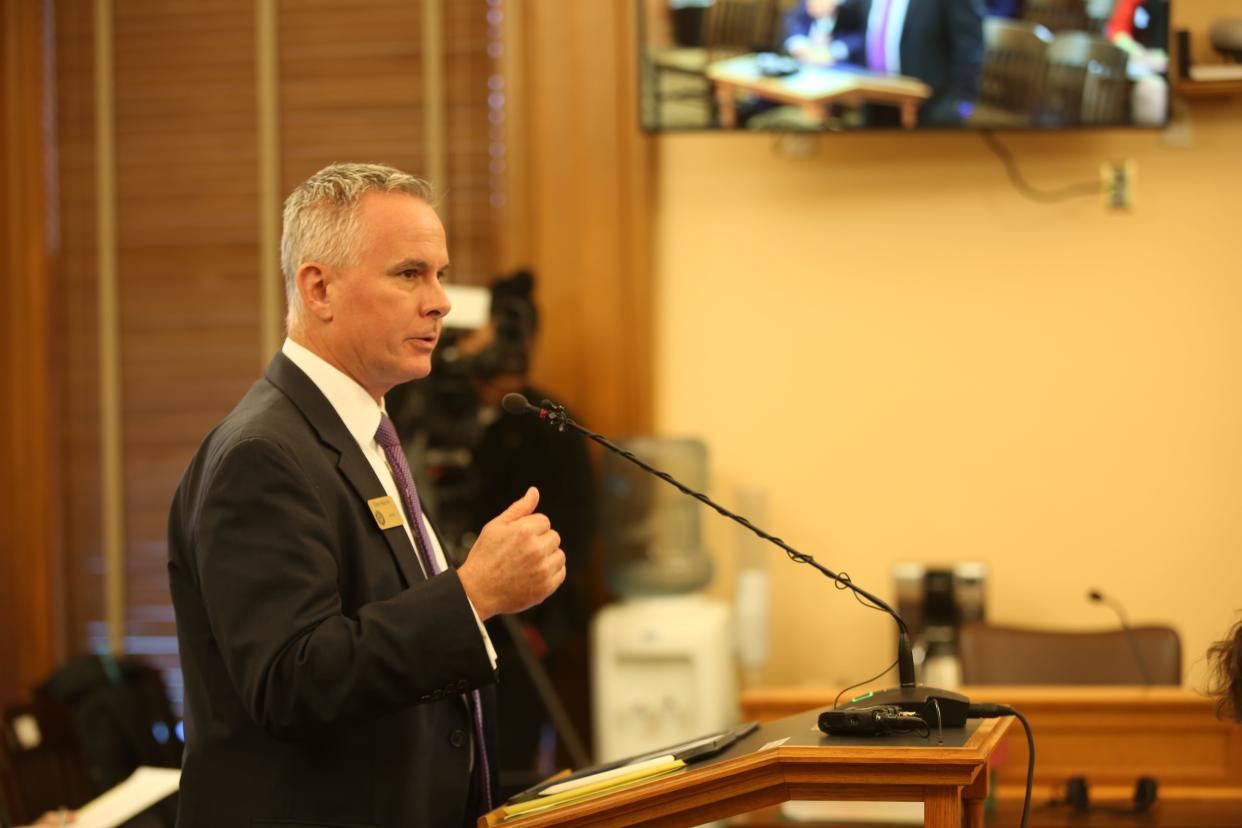Kansas sets higher bar for police seizure after accusations of for-profit policing
Kansas reformed civil asset forfeiture — the law enforcement tactic of seizing property suspected of being used in a crime — to be more limited in scope and requiring higher standards of evidence.
The issue united Libertarian-leaning conservatives and more liberal advocates of police reform. Critics of the practice pointed to the low burden of proof needed to take an individual’s property, the high legal costs to recover seized property and that it could incentivize profit-driven policing.
“Anyone who learns about civil asset forfeiture immediately agrees it's a problem. Unfortunately, for years, we could never agree on what the solution should be,” said Rep. Dan Osman, D-Overland Park.

The legislation comes after a committee made up of legislators, litigators, law enforcement and local government officials conducted a study on civil asset forfeiture in 2023. The study found that Kansas law enforcement agencies collected over $13 million during about 2,000 incidents over a three-and-a-half-year period.
Many of the recommendations in the study are adopted in the legislation, which include the following:
Disallows forfeiture from crimes related to possession of drugs.
Require courts to determine whether a forfeiture is proportionate to the crimes committed.
Set two-week timelines for seizing agencies to request forfeiture to county or district attorneys, originally it was 45 days.
Require law enforcement to submit affidavit describing the probable cause that led to the seizure.
Raises the burden of proof to seize property.
Bill changed to address law enforcement’s concerns
The bill signed into law did get whittled down during negotiations after law enforcement officials raised complaints with certain aspects of the bill. Originally, Senate Bill 458 included a right to a jury trial to recover seized property and didn’t allow local agencies to request federal agencies take on forfeiture cases initiated by local police or sheriffs.
“Removing the ability of agencies to request federal adoption and granting the right to claimants for a jury trial tip that balance and could conceivably do more harm than good,” said Tony Mattivi, director of the Kansas Bureau of Investigations.
The study that guided the legislation didn’t make a recommendation on federal adoption or a jury trial.
Though reforms have had trouble in the past, this bill was approved with unanimous support in the Kansas House and Senate.
This article originally appeared on Topeka Capital-Journal: Kansas civil asset forfeiture process amended by state legislators
